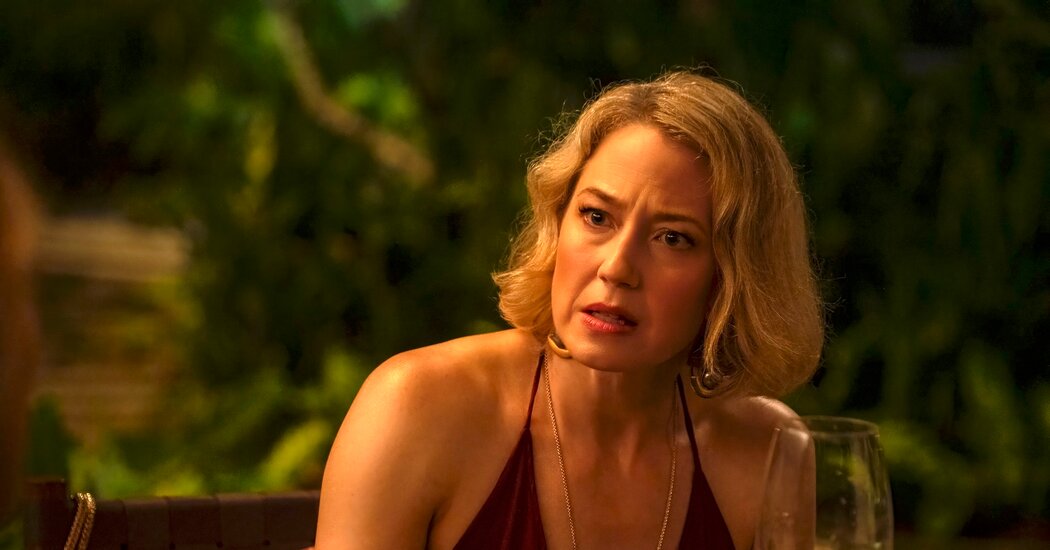Season 3, Episode 7: ‘Killer Instincts’
One of the distinctive qualities of The White Lotus is the creator Mike White’s decision to keep the characters’ backstories relatively minimal. Instead of diving deep into their histories, he primarily presents archetypes: the brash money manager from North Carolina, the self-absorbed celebrity, and so forth.
White provides just enough backstory to illuminate the rationale behind their actions. For instance, we learn much about Rick’s past, as his tragic childhood experiences directly influence every decision he has made throughout the season. Conversely, the Ratliff children remain largely enigmatic, showcasing only their outward personas: the overconfident older brother, the rebellious activist sister, and the peculiar character that is Lochlan. The reasons for their behaviors are left to our imagination to fill in the details.
In many respects, this narrative strategy works effectively. A particularly humorous moment in this episode arises when Piper feels embarrassed witnessing Lochlan’s awkward attempts to navigate the dinner at the monastery. We have just enough insight into her character to speculate on her thoughts. In that moment, she mirrors her mother, more concerned with how her brother’s clumsiness affects her image than with his feelings. This dynamic is further highlighted by Piper’s slightly dismayed reaction when Lochlan expresses his desire to spend the year in Thailand with her.
However, the character of Saxon presents a challenge in this episode, as his overall lack of depth leads to one of the season’s most awkward scenes. This moment unfolds at Gary’s party, where Saxon observes his father downing yet another hefty glass of whiskey. He reiterates his concerns, asking Tim if everything is alright at the office, reminding him that, “My career is totally tied to yours.” Saxon’s character lacks any discernible interests or hobbies. He states, “I put my whole life into this basket. Into your basket.”
Given what we have seen of Saxon this season, his self-reflective speech about success and identity feels somewhat out of character. He declares, “If I’m not a success, I’m nothing, and I can’t handle being nothing.” In contrast, it is believable that Tim would dismiss his son’s genuine concerns with a vague, “Nothing’s up, kid. We’re all good. It’s a party, get out there.”
This situation underscores the balancing act that White must perform, showing rather than telling, and allowing viewers to draw their own conclusions. I found myself contemplating this during the Bangkok scenes featuring Rick and Frank. Initially, I assumed these two were seasoned veterans in the art of conning, fully aware of what they were doing when they met with Sritala and her ill husband, Jim (Scott Glenn), at the Hollingers’ residence. To my surprise, Rick and Frank seem unexpectedly — and rather foolishly — unprepared for the encounter. They rely heavily on improvisation, with Frank in particular struggling to navigate the situation effectively.




